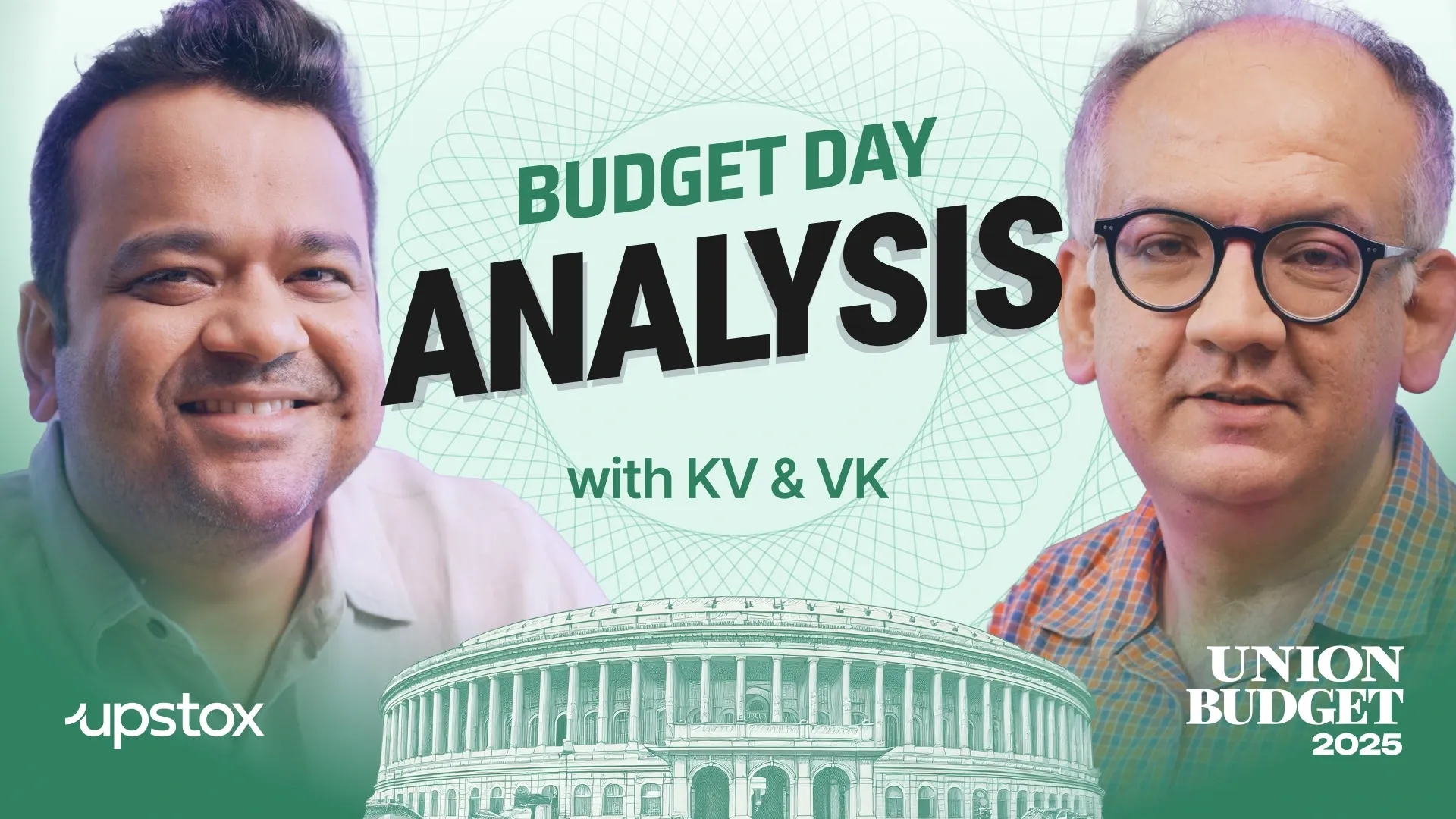Business News
Finance ministry flags newer uncertainties, says sustaining growth requires deeper commitment
.png)
2 min read | Updated on December 26, 2024, 19:20 IST
SUMMARY
The finance ministry projects a brighter outlook for H2 FY25, driven by improved capital formation, rural and urban demand recovery, and industrial activity.

India's macroeconomy is expected to remain robust in 2025
Sustaining growth will require a deeper commitment from all economic stakeholders as newer uncertainties, largely driven by global factors, have emerged, the finance ministry said in a monthly report on Thursday.
India’s GDP growth slowed to a seven-quarter low of 5.4% in Q2 FY25, bringing the growth for the first half of the fiscal year to 6%. Private consumption remained robust, supported by rural demand, but investment growth softened due to subdued public capital expenditure, global uncertainties, and concerns over excess capacity and dumping.
The finance ministry report suggests a brighter outlook for H2 FY25 with visible signs of recovery in capital formation as the government’s capital expenditure picks up pace.
The report projects GDP growth at around 6.5% for FY25, supported by steady rural demand, improving urban consumption, and a recovery in industrial activity.
Inflation is projected to average 4.8% in FY25, with Q3 and Q4 estimates at 5.7% and 4.5%, respectively.
"There are good reasons to believe that the outlook for growth in H2 of FY25 is better than what we have seen in H1," the report said.
"At the same time, the possibility that structural factors may also have contributed to the slowdown in H1 should not be ruled out," it added, pointing to RBI's monetary policy stance as one of the factors.
The report, however, welcomed the central bank's latest decision to lower the cash reserve ratio from 4.5% to 4%, saying it should help boost credit growth "which has slowed a little too much and quickly in FY25."
The ministry flagged cautious hiring and compensation trends in the corporate sector as factors affecting urban consumption.
It cautioned about emerging global uncertainties, including trade growth and risk posed by elevated stock markets.
"In sum, sustaining growth will require a deeper commitment from all economic stakeholders to growth," it concluded.
About The Author
Next Story

